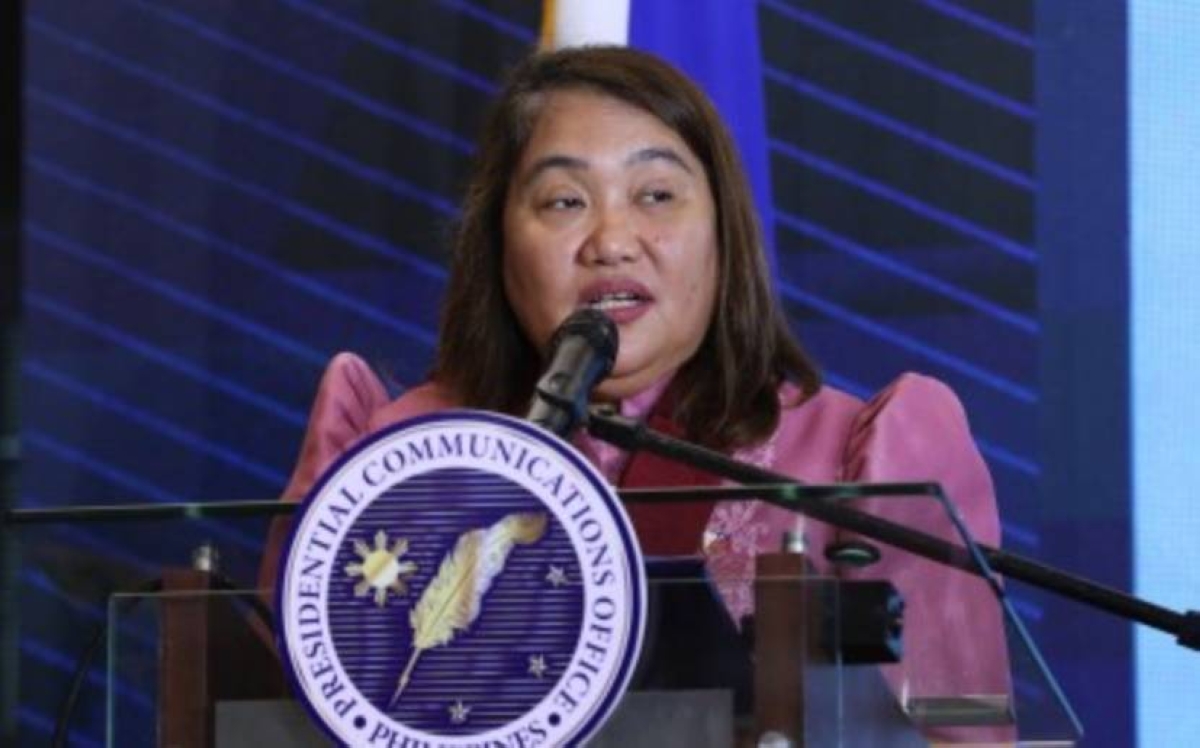The government is ready to uphold the constitutionality of the unprogrammed funds in the P5.768-trillion budget for 2024, according to Presidential Communications Secretary Cheloy Garafil. This comes in response to a petition filed by Albay Rep. Edcel Lagman and other lawmakers from the House of Representatives, who are seeking to nullify and prevent the government from utilizing the P449.5 billion unprogrammed funds.
Garafil stated that if the Supreme Court requests it, the executive branch will provide its comment on the petition. “The Executive Department will answer accordingly if required by the Supreme Court,” she said in a statement.
The lawmakers’ petition argues that the National Expenditure Program (NEP) proposed by President Ferdinand Marcos Jr. sets a cap of only P281,908.056,000 for unprogrammed appropriations. They claim that Congress is explicitly prohibited from exceeding this ceiling under Sec. 25 (1) of Article VI of the 1987 Constitution. The petitioners assert that this constitutional prohibition applies to both programmed and unprogrammed appropriations, as unprogrammed funds are integral components of the total national expenditures.
According to the lawmakers, the excess of P449.5 billion over the P289.1 billion proposed by the President for unprogrammed appropriations is an unconstitutional act of Congress that demonstrates grave abuse of discretion. They argue that this excessive allocation exceeds congressional jurisdiction and therefore must be nullified.
It is worth noting that Congress increased the unprogrammed appropriations from the proposed P281.9 billion to P731.5 billion during the bicameral conference. This increase has raised concerns and led to questioning by Lagman.
During a confrontation with House Committee on Appropriations and Ako Bicol Party-list Chairman Elizaldy Co, Lagman criticized Co for failing to deny that the P449.5 billion unprogrammed appropriations were inserted for “pet and partisan” projects during the bicameral conference committee. Lagman accused Co of wanting to fund, release, and implement these excess unprogrammed appropriations by sequestering the supposed surplus funds or income of government-owned and -controlled corporations (GOCCs), as recommended in House Bill No. 9513.
Lagman emphasized that the practice of increasing unprogrammed appropriations was based on an erroneous interpretation and practice, where the prohibition on increasing the President’s budget proposal was limited to programmed appropriations. He highlighted that this incorrect interpretation and practice have been included in the petition and stressed that past irregular acts cannot legitimize their continuation in the present. Lagman firmly believes that what is wrong must be eventually discarded.
In response, Co questioned Lagman’s sudden opposition to unprogrammed funds, pointing out that Lagman himself approved the same amount of unprogrammed funds in 2023. Co suggested that Lagman’s change of stance may be due to his recent exclusion from the bicameral committee. Co also highlighted Lagman’s previous role as chairman of the appropriations committee and his 15-year membership in the panel, during which he never raised any concerns about unprogrammed appropriations.
While Rep. Bordado was named as one of the petitioners in the Supreme Court case, he clarified that he is still reviewing Lagman’s petition. Bordado explained that his senior staff sent his electronic signature to Lagman’s office without his approval, leading to the presumption that he supported the petition. However, Bordado agrees with questioning the constitutional soundness of the additional unprogrammed funds and believes that the Supreme Court should ultimately decide on their legality.
In conclusion, the government is prepared to defend the constitutionality of the unprogrammed funds in the 2024 budget. The Supreme Court will assess the arguments presented by Albay Rep. Edcel Lagman and other lawmakers who seek to nullify the P449.5 billion unprogrammed appropriations. The outcome of this case will determine the fate of these funds and potentially shape future budgetary practices.







